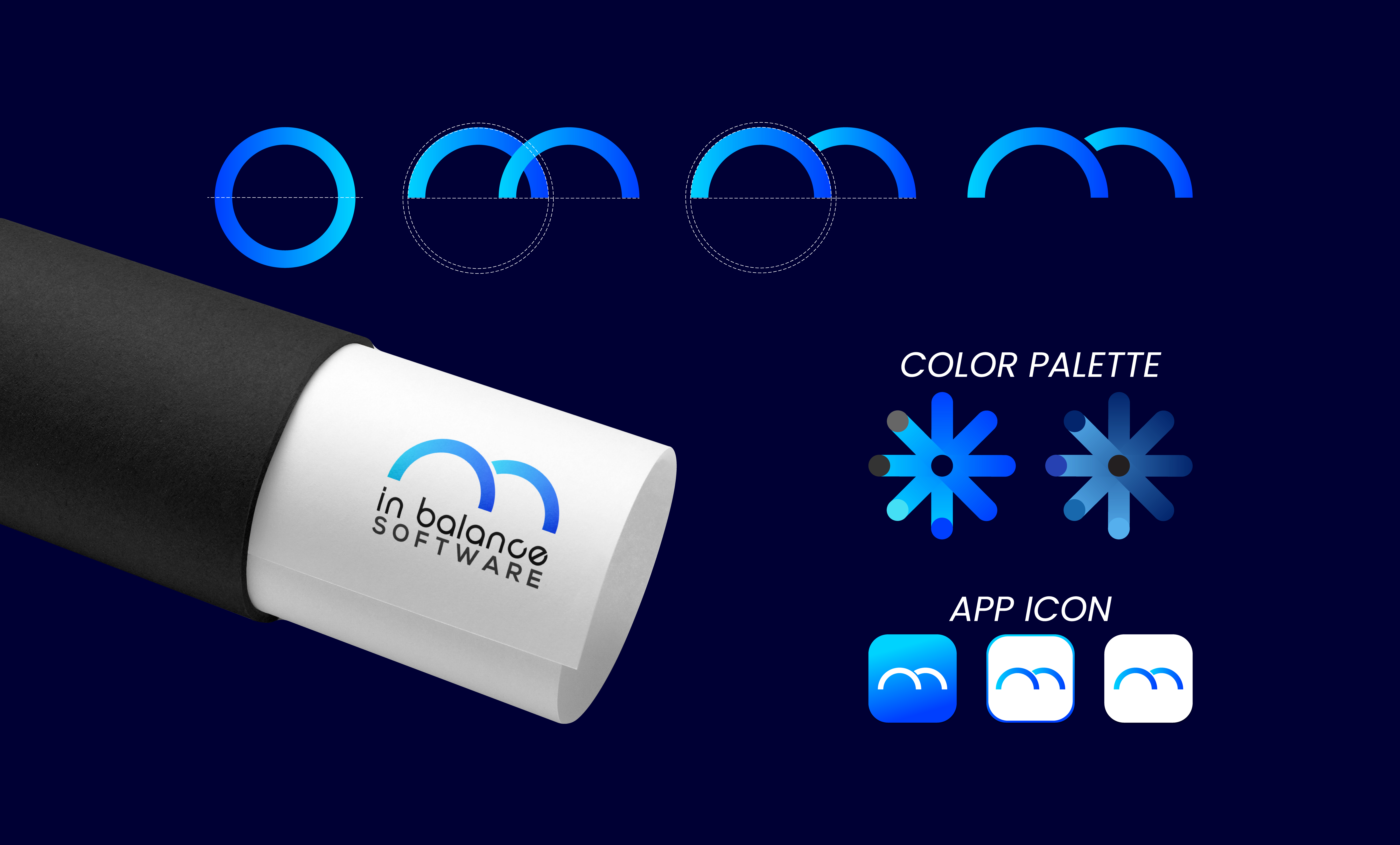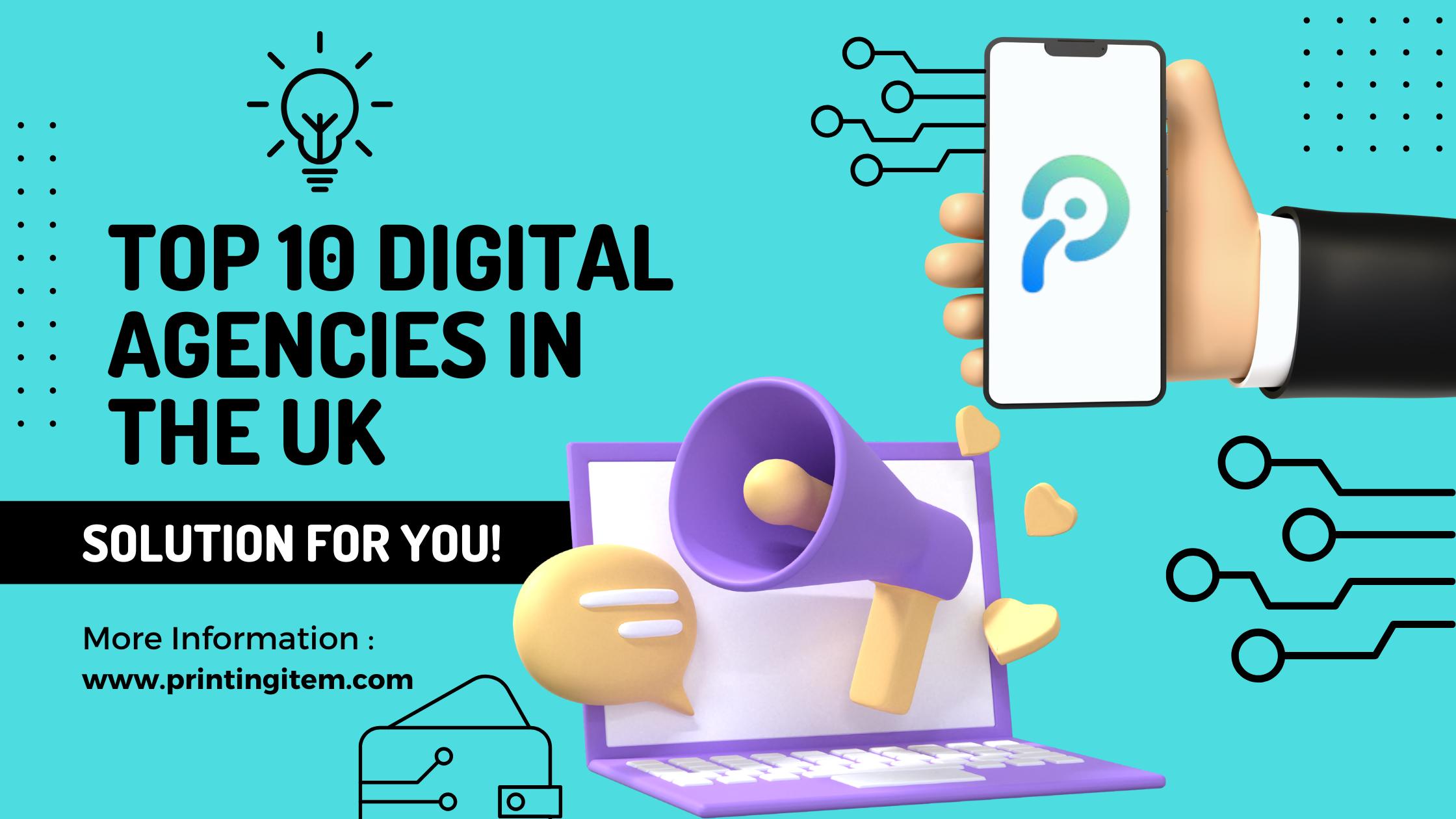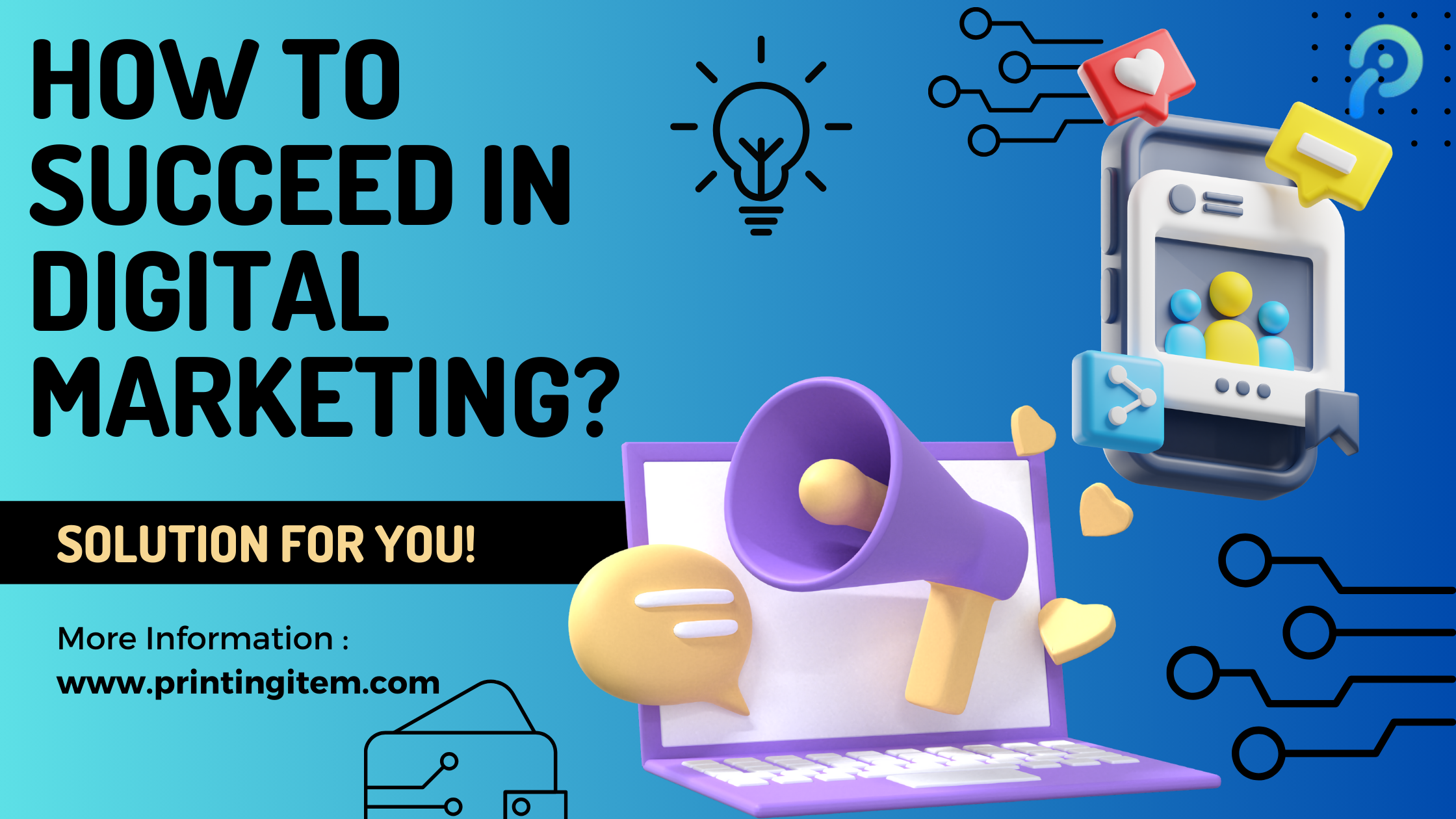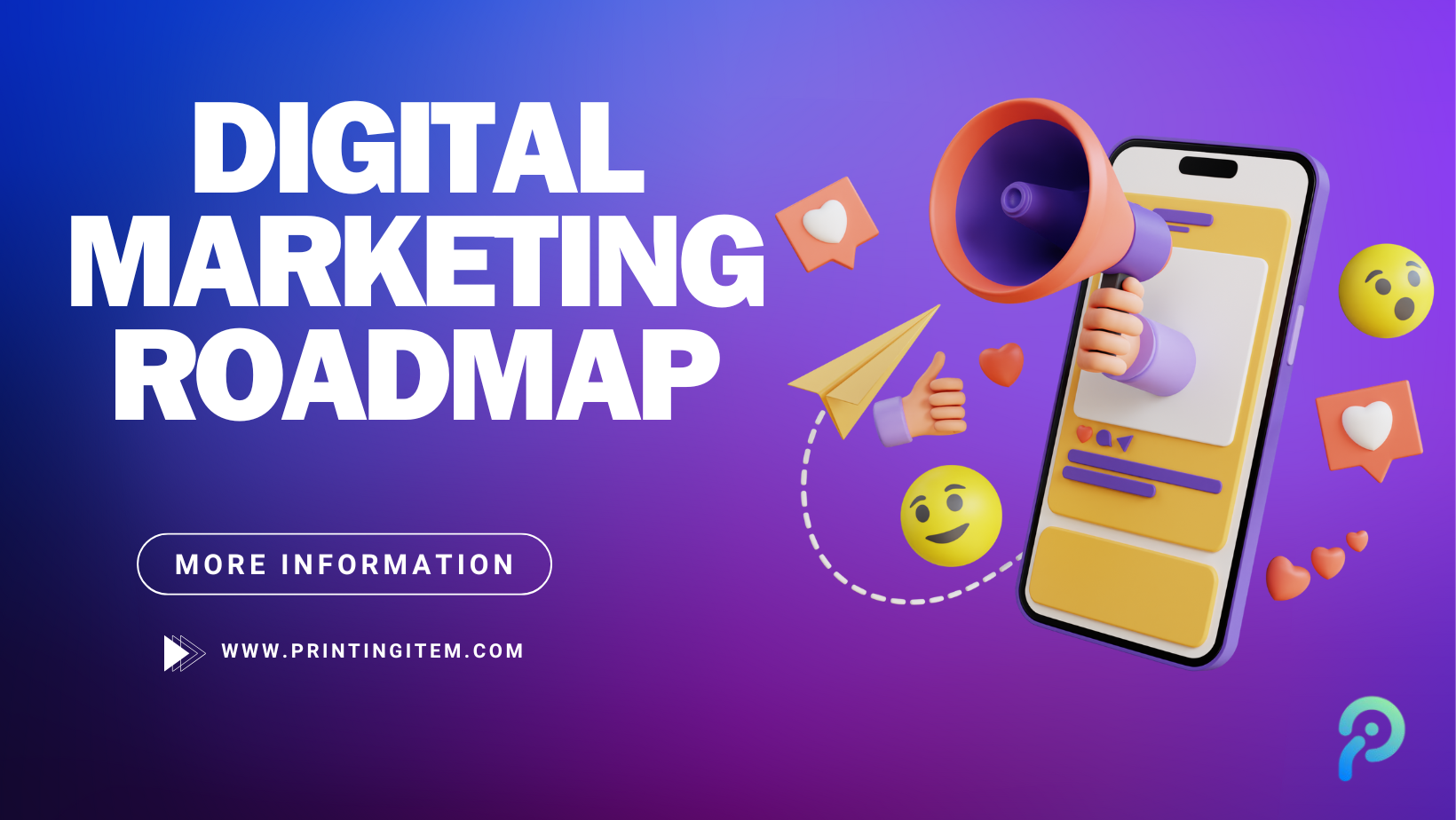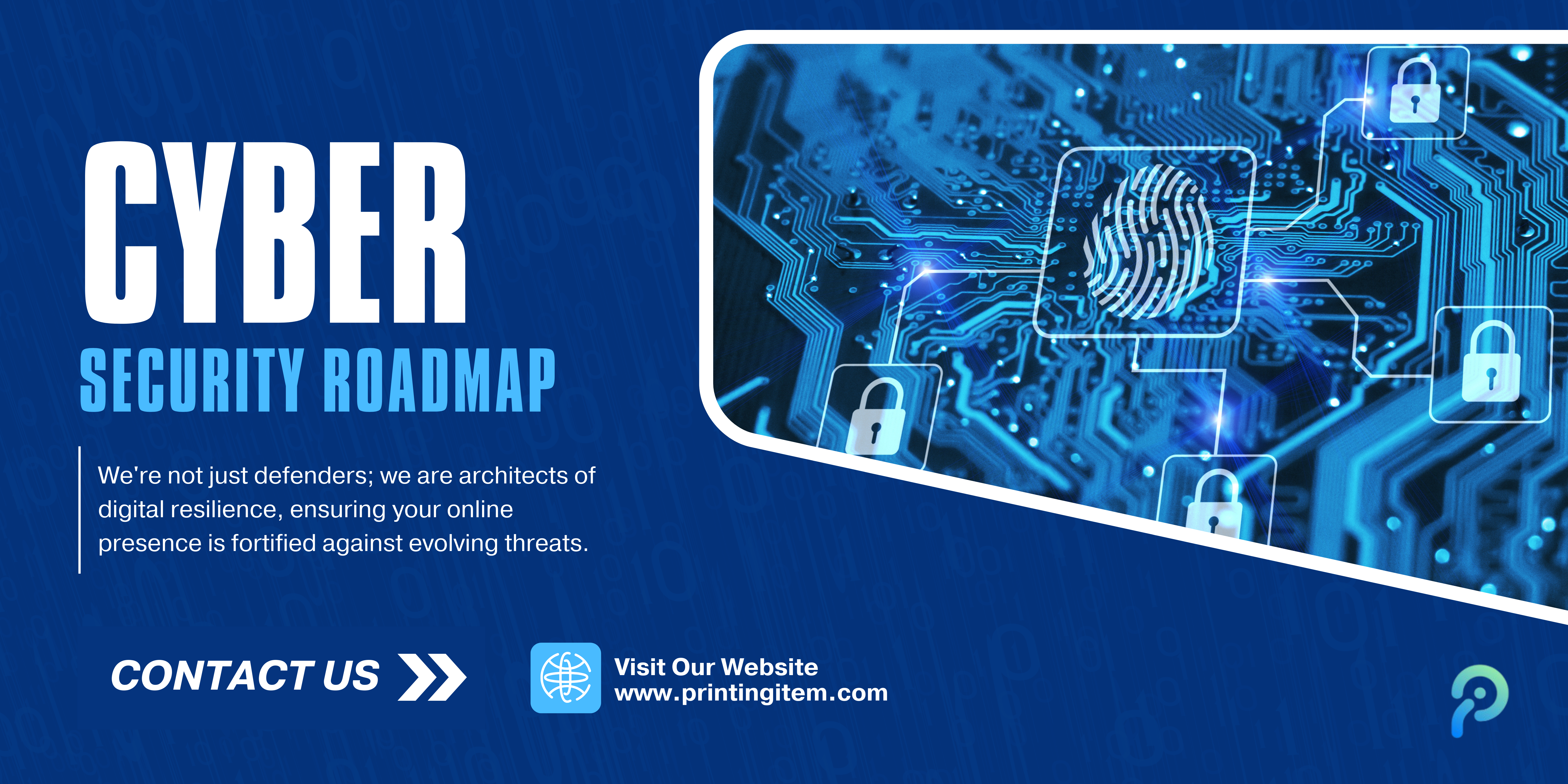
The brand identity represents the basis of a business naming everything from its logo and color palette to voice and company aim. In today's day and age, when thousands of opportunities are available to consumers on a daily basis, brand identity is essential in order for a business to set itself apart from the rest.
Identification & Recognition:
Brand identity is recognition at the fundamental level. Having a solid identity makes it easy to spot the brand among countless competitors. Think about it, the golden arches of McDonalds or Nike's swoosh; these are more than just logos but incredible symbols for each brand. If a brand is memorable it makes purchasing decisions easier for consumers to execute and in turn allows businesses the ability to increase sales faster.
And just as important is differentiation. When products and services look alike, as they tend to do in a saturated market, it becomes more critical for brand differentiation. A strong brand identity illustrates what sets your company apart, whether that be cutting-edge products and services or over-the-top customer service wrapped in a commitment to sustainability. This distinction is what paints part of the image in the mind of customers, and at same time also contributes to building a loyal community that appreciates special offers from this trademark.
Emotional Connection:
What makes your brand what it is, which are the feelings that when people see you or hear something about you? Creating an emotional connection to your audience is a powerful force we all are familiar with how businesses that do it well can have this competitive edge. This connection tends to be borne out through storytelling, values and mission statements that see consumers in the narratives. Yes, brands such as Patagonia have created a tribe of fiercely loyal customers by incorporating an identity that embraces environmental sustainability and supporting those who they know will pay for the same values.
Customers are loyal to brands they feel emotionally connected to, and as a result more engaged in using,advocating for or sticking with them. That loyalty means repeat revenue, and since you already have a level of trust with your regular customers they are less price sensitive and generally more forgiving if something goes wrong. In fact, according to research from Forrester and others, the cost of acquiring a new customer can be five to 25 times more expensive than retaining an existing one. As a result, it only makes sense to continue building the brand identity in order to create these connections which end up being marketing and growth at an optimized cost.
Consistency Across Channels:
That consistency is what matters in a multi-channel world today. This results in a unified brand identity, meaning across all points of consumer contact with the brand (social media, website, packaging and even customer service), similar values and messaging must be conveyed. Trust is established in this consistency, customers know that no matter where they engage with the brand, it will always deliver on quality and experience.
In addition to that, consistency allows the brand to continue appearing in search engines, allowing for organic traffic. When it comes to a brand, the more uniform its online presence and strength of recognition, not only does this help in driving traffic from who knows them but search engines list locally known brands higher than others generally. With SEO tactics that speak to brand identity through keywords, imagery and messaging businesses can increase the ability for potential customers to see them.
Customer Engagement and Community Building:
A strong brand identity helps to create a sense of belonging amongst customers and communities who share the same values or interests. This element of community is particularly vital in today's hyper-connected society. By fostering brand loyalty and turning customers into fans, brands that connect with their consumers through different social media channels, events or identity can find success.
That vocal response, combined with the fact that satisfied customers tend to spread their experience within their networks (an organic amplification of brand reach), justifies a fair involvement in such bespoke acquisition targeting and engagement strategies. Content that's created by the users, recommendations and shares on social media prove to work well as others' recommendation is what makes new customers hit buy. They help the brand increase more like a community then anything else and thus rely on organic growth through referrals or word of mouth.
Flexibility and resourcefulness are also useful
A brand identity that is already established and familiar helps the process of exploring different markets. For seen and established brands, stepping into other product lines or geographical markets is always less apparent. For example, Apple can launch new products like wearables with great success because it already has that brand trust and is known for their innovation in wearables or services.
In addition to this, a strong brand identity helps in partnerships and collaborations. Companies immediately find themselves with elevated credibility and visibility when they align their brand alongside an established one to the benefit of both enterprises. This flexibility can push sales and presence of the brand in general.
Employee Morale and Culture
In addition to external visibility, the ethos of brand identity carries through inside, guarding you against negative culture and employee morale. Having a strong brand identity can really help elevate spirits and make employees proud to work for your firm. If the employees are educated about and in agreement with your brand values and mission, chances are they feel more committed to making a difference. This mindset results in widespread alignment between your employees behavior and organizational values, which often leads to greater work effort (productivity), lower turnover rates, reduced absenteeism and higher positive word of mouth.
Besides, having a strong brand identity encourages talents that align themselves with company values. Today, job seekers put precedence on company culture and purpose- a powerful brand identity can differentiate your business amongst others in the talent market.
Conclusion: The Higher Ground of Business Success
In conclusion, brand identity is the key to business growth and survival; it is not a decorative addition. Branding plays a major role in crafting an image that helps set the brand apart from others while at the same time, providing ways to emotionally connect with customers and communities.
This is why, as the market trends change, a cohesive branding strategy will be crucial for businesses looking to survive. This pays off directly in sales, but it also earns customer loyalty, creates trustful and empowered employees (which we know are twice as productive), all of this leading to great long-term flexibility into an unpredictable future. Brand identification is key to the long-term viability of any business; it needs a well-established brand identity in this highly competitive market






